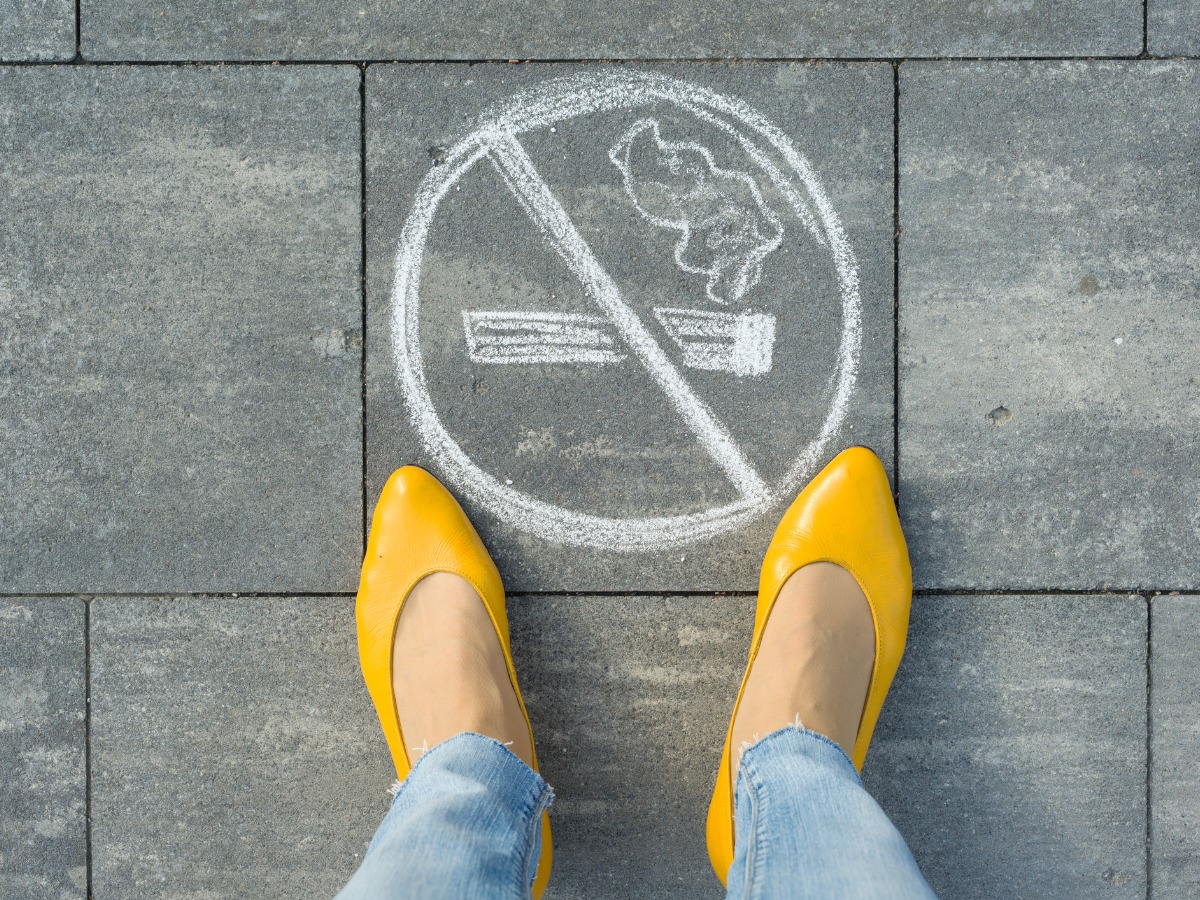Dave Hooker, Executive Director, New Zealand Association of Convenience Stores, raises concerns over the New Zealand Government’s Smokefree 2025 Action Plan and how it will impact small businesses.
Following the release of the Government’s Smokefree 2025 Action Plan in December, it has now introduced legislation to Parliament to bring effect to its three key policy objectives:
- Reduce Retail Availability
- Reduce Addictiveness of ‘Smoked’ Tobacco Products
- Prohibit the sale of ‘Smoked’ Tobacco to anyone born after 1 Jan 2009 as they age.
We will share our views on item three, and the current state of the illegal tobacco black market likely to get worse because of these policies, in our next update.
For now, we want to explain the detail behind the retailer reduction and ‘very low nicotine’ policies, the impact on Kiwis, and our proposed alternatives.
Retail Reduction – What we have now
- Between 6000-8000 current retailers of tobacco.
- No current licensing or compliance requirements in order to sell tobacco beyond enforcing R18 sales laws.
- Approximately 400,000 Kiwis who smoke spread around the country, a 9.4% daily smoking rate and below 5% smoking rate in young people.
What is the Government proposing?
- A new licensing framework; a proposed ‘competitive’ process; and consultation requirements with Health Authorities, Iwi, and others to determine who can or cannot sell smoked tobacco.
- Requirements such as fit and proper persons tests, compliance, security systems and training.
- While the Bill does not propose a definite number, limit, or method for reduction – and this is meant to be subject to consultation with all of us impacted – unfortunately the Minister, Hon Dr Ayesha Verrall, has told media twice that the limit will be 500 stores.
- With almost 2000 postcodes alone serving up to 10,000 households each, it’s impossible to see how 500 stores could appropriately service New Zealand without devastating consequences for small business operators, while creating voids in communities, which black market operators can fill.
What is our preferred approach?
- Our recommendation to Government is that all existing organised retailers subject to the fit and proper operator tests suggested be eligible to receive a fairly priced license at the introduction of the new regime.
- Non-compliant operators who sell to minors, stock illicit tobacco or breach vaping regulations should lose their license, and that license can be removed from total supply.
- We believe organised banners including fuel and non-fuel chains with trained staff, compliance and security systems are best placed to deliver a safe licensed network in future.
- In slashing numbers from more than 6000 to 500 overnight, those 500 stores would be at increased risk of violent ram-raids and crime now concentrated on so few stores.
- We support a fair licensing regime and a far less punitive, aggressive implementation. Any reduction should be gradual and allow business operators to sustainably transition over time.
Nicotine reduction – What does the NZ market look like now?
In broad terms, the NZ market is primarily comprised of your ‘Reds’ around 15mg tar, 1.5mg nicotine per stick; ‘Blues’ at around 12mg tar, 1.2mg nicotine, and menthols around 8-10mg tar and 0.8mg nicotine. Roll your own obviously varies by how consumers roll them but would be in a similar range. ‘Reds and Blues’ comprise around 87% of New Zealand consumption. These measures are based on lab tests of the smoke generated per stick, reported by tobacco companies annually to the Ministry of Health and are widely tried and tested globally.
What is the Government proposing?
Instead of the smoke, the Government intends to set a limit on the actual tobacco content itself with a nicotine limit 95% lower than the average. Mandating something called ‘Very low nicotine cigarettes’ or VLNC– this would remove all currently legal products from the market. The limit would be a cigarette with 0.04mg nicotine smoke rather than 1.5mg – effectively zero.
This will create enormous incentives for illegal black-market activity to flourish as the only source of ‘normal-strength’ cigarettes. It will make the retail licensing regime effectively redundant – as 6000 or 500 stores won’t matter if you can only sell VLNC.
What’s a better solution?
Rather than taking a sledgehammer to small business and Kiwi smokers alike with flawed, untested ideology, why not look to other country examples?
The entire European Union introduced its own ceilings reducing from 1.5mg nicotine down to 1.0mg nicotine over a period of 10 years.
Dozens more countries have implemented this. While it still led to a black market of more than 24% in the EU – this policy also reduces the harmful tar component, not just nicotine.
We believe this model with a gradual phased approach will best support retailers for a just and sustainable transition, and for smokers to be encouraged to switch to vaping or other tobacco free alternatives.
To recap – the ‘very low nicotine’ mandate would ban all current products and leave only one brand on shelves, which no one would want – undermining the proposed retail license as well as all of the Government’s hard work on switching smokers to vaping and tackling black market tobacco smuggling.
The incentives to trade in black market tobacco will grow as it becomes the only place to get product people want, at a cheaper price, in more places.
These policies would reshape the fabric of NZ community retailing and are just extremely unkind to small business operators and Kiwis who still smoke.
We urge you to make your own voices heard throughout the Select Committee consultation on this legislation once it opens, expected to be around August to September this year.
The New Zealand Association of Convenience Stores is a not-for-profit trade association representing the interests of our retail and supplier members.
NZACS represents more than 1,000 organised fuel and non-fuel convenience operators around New Zealand, supporting members through effective lobbying, comprehensive advice, innovating networking opportunities, and access to industry research which can be used to inform decision making by those in the sector.



